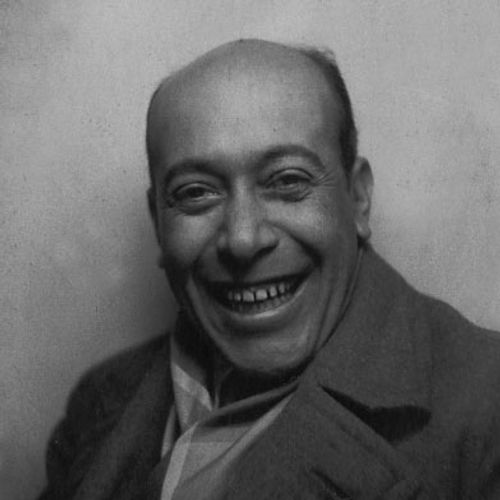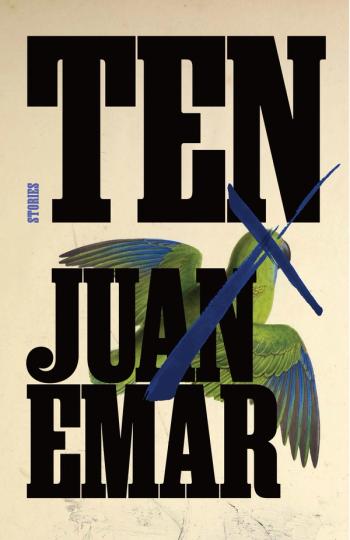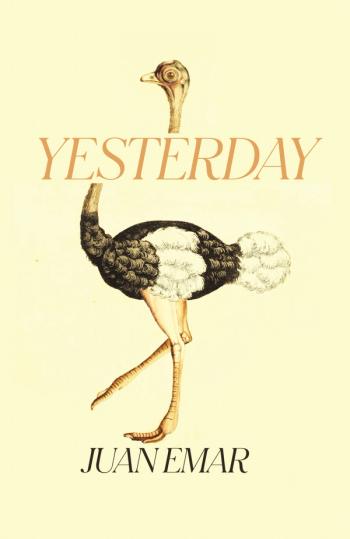Translated by Megan McDowell
With a contribution by César Aira
A taxidermied parrot, insulted by a stodgy uncle, comes violently alive and batters the poor fool to death with its beak. A terrible tyrant, Zar Palemón, presides over grotesque ritualized sex acts in his court—which is itself contained in a demonic gemstone the size of a fist. And deep in the Andes, in a hidden cave, an unremarkable house cat waits to trap its hapless victim with a Gorgon’s gaze and engage him in a staring contest on which the fate of the cosmos just might depend.
Such are a few of the bizarre adventures found within Juan Emar’s mindbending collection of short stories, Ten. Allegory? Parody? Horror? Surrealism? Yes to all, and none of the above: where lesser writers mark their endpoint, the unclassifiable Juan Emar jumps off, straight into the deep end. Life is far from still in Emar’s world, where statues come alive, gaseous vampires stalk, and our hopes and fears materialize in a web of shocking interconnections unified by twisted logic and crystalline prose.
Now, Ten is available in English for the first time, deftly translated by Megan McDowell and with an introduction by César Aira, who writes: “Emar has neither precedents nor equals; his echoes and affinities—Lautréamont, Macedonio Fernández, Gombrowicz—flow from his readers’ own inclinations.” Byzantine and vivid, intricate and bizarre, this quiver of shorts by Chile’s most idiosyncratic mad genius of literature will leave readers astounded for decades to come.


